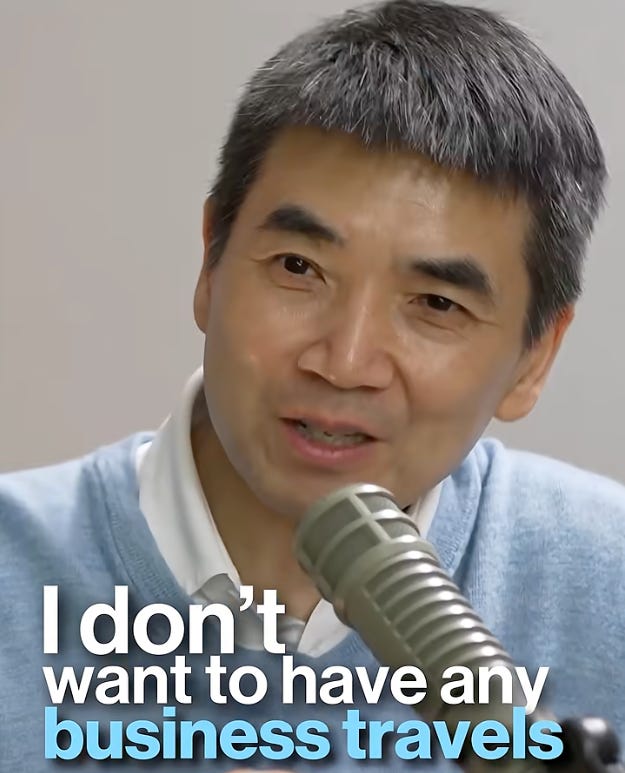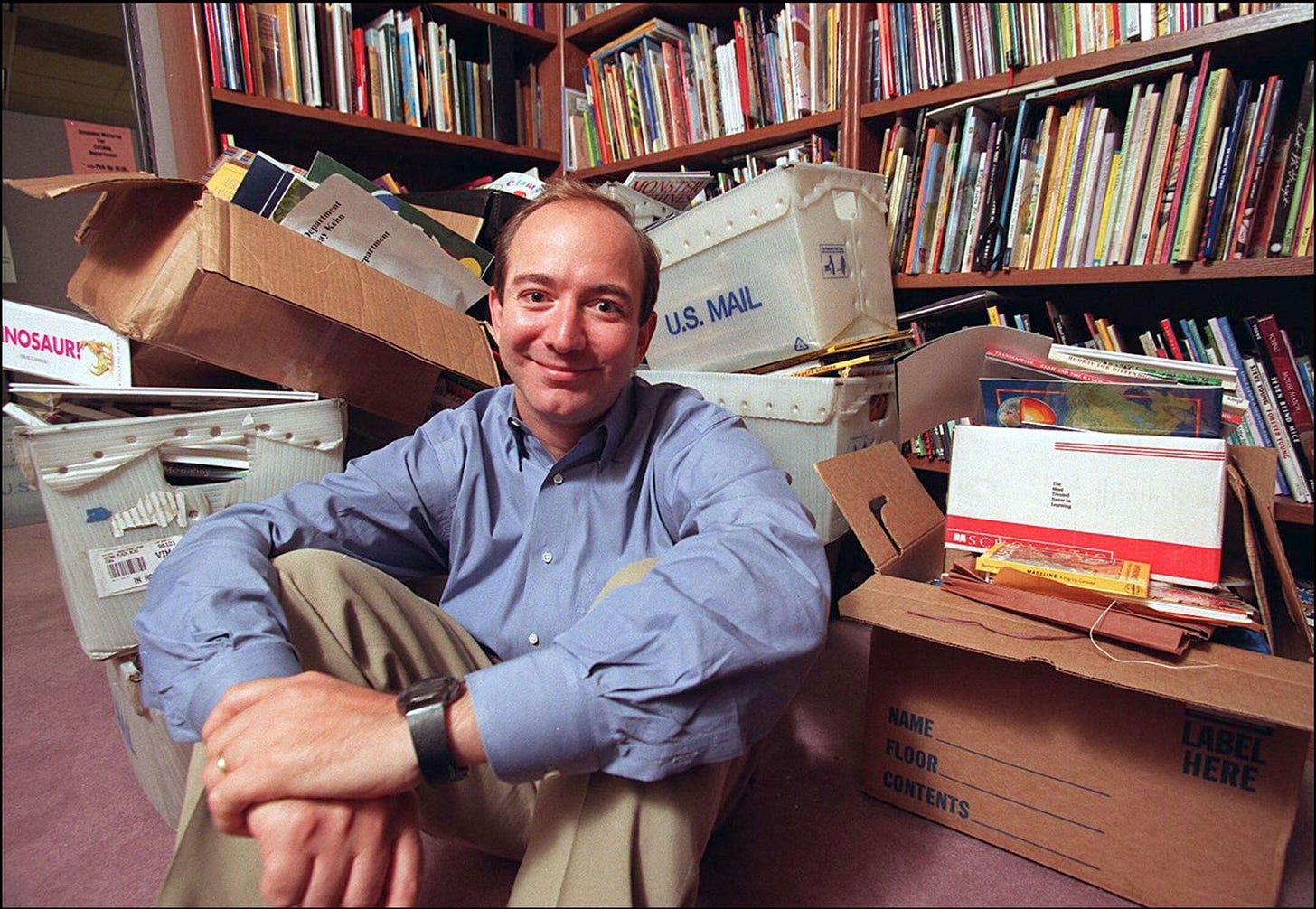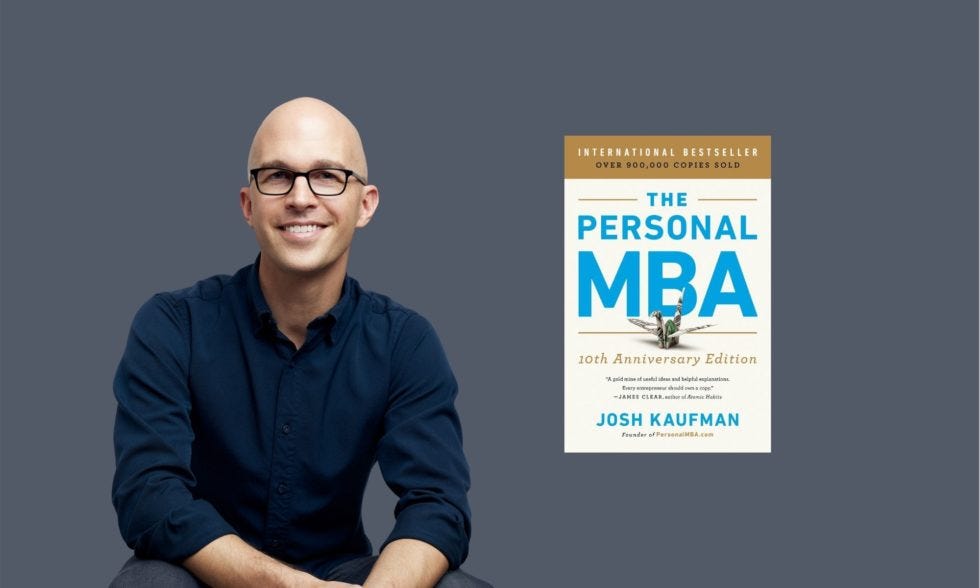Why Real Leaders Don’t Burn Out
Many leaders mistake energy for effectiveness. They stay busy, join every meeting, and travel like crazy — believing motion equals progress. But it does not!
1 Idea
When I was at Zoom, our CEO and founder, Eric Yuan, once said he promised his wife he would not travel more than three times a year. He later says he does not Do Business Travel at all.
At first, that sounded strange for the CEO of a global company. But over time, I began to understand what he meant.
Watch the Interview: here
Culture is not something that can be delegated. You have to live it — and you can only live it if you have the space to think, reflect, and be present.
Earlier in my career, I came from a corporate culture built on constant activity. There was little focus on personal ownership or accountability. That changed when I moved into more senior roles and worked in environments that expected both.
I realised that becoming 1% better every day is impossible if your schedule consumes all your energy.
Growth requires mental capacity, time to think, learn, and internalise.
My mindset shifted from “I need training to develop” to “I need to own my learning.” Books, mentors, and advisors can guide you. However, transformation only happens when you take ownership.
Many new leaders I’ve worked with make the same mistake: they push harder, extend themselves further, and try to “do it all.”
But leadership is not about doing the work or outsourcing it. Leadership is about creating the rhythm and structure that keeps others moving in the right direction.
2 Examples
1) Jeff Bezos on Stress and Leadership
“When a leader tells me they’re stressed out, it’s a signal they think they’re doing the job. They shouldn’t be doing the job. They should be delegating the stress.”
That sentence says everything. Energy creates motion. Rhythm creates progress.
2) Ownership Culture (The Personal MBA)
In The Personal MBA, Josh Kaufman writes that the true differentiator in business is ownership — people who think and act like owners.
When you have a culture of ownership, you don’t need superhumans or external motivators. You build rhythm through trust, autonomy, and accountability.
That’s what makes organisations sustainable and scalable.
3 Recommendations
Stop chasing.
If your leadership depends on intensity, you and your team will burn out.
Design for rhythm.
Create operating rhythms that set the pace: weekly check-ins, quarterly reflections, and clear decision architectures.
Multiply ownership.
Do not do the work! Build the system that helps others own it.
People who take responsibility do not need constant motivation.
They create their own rhythm.





